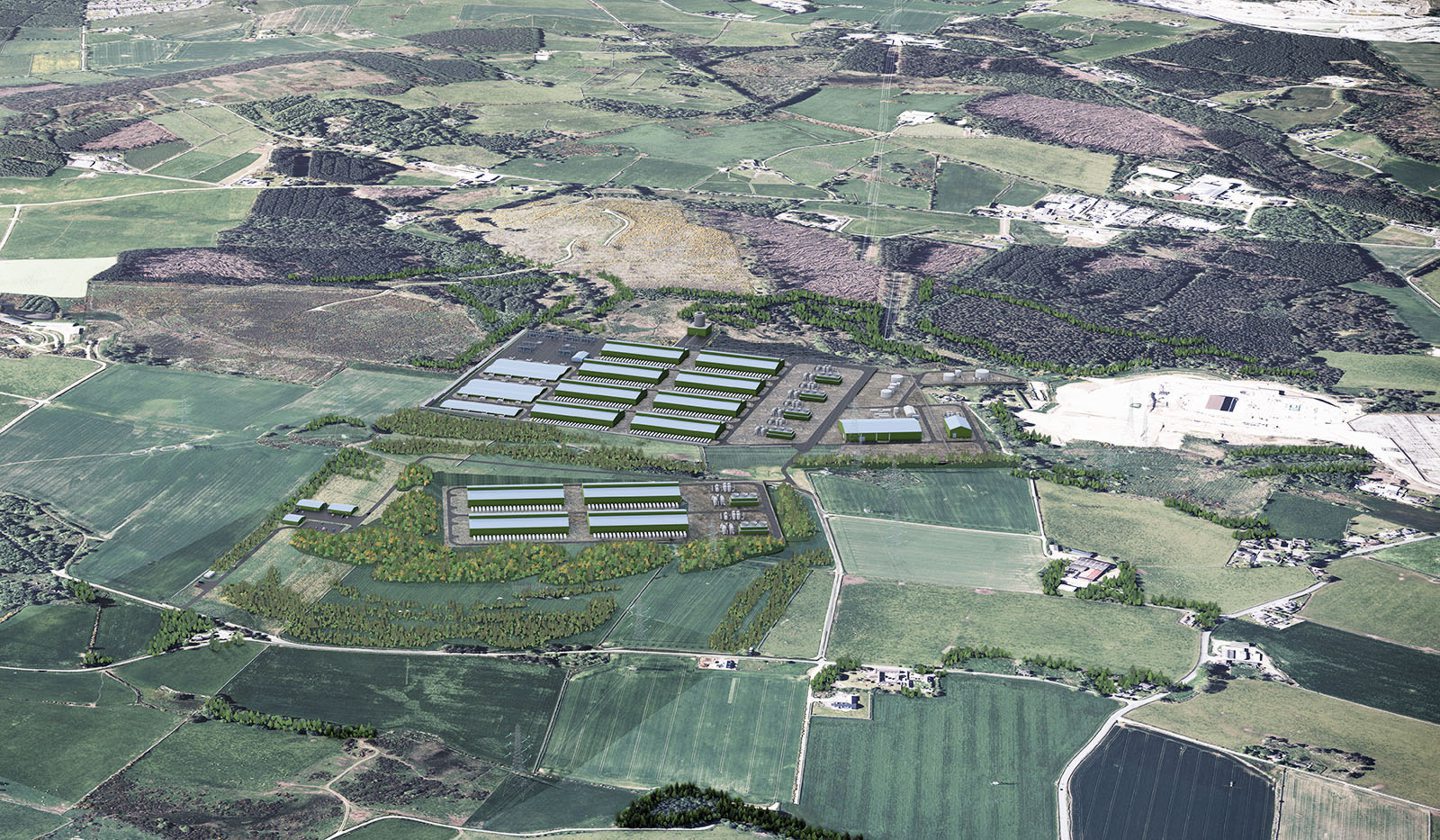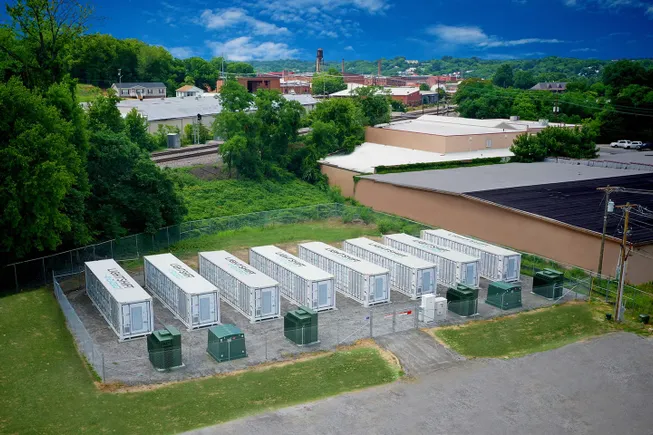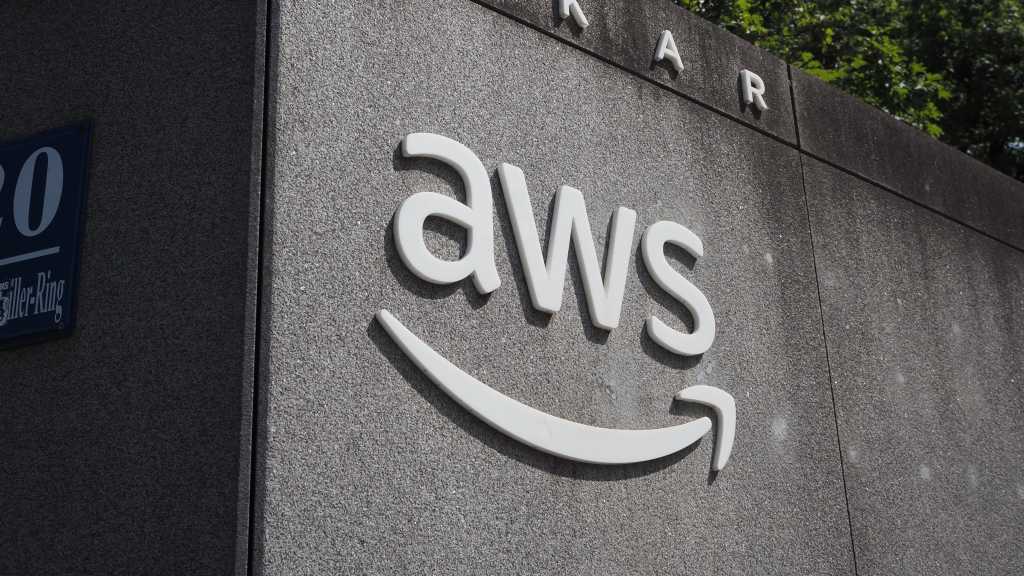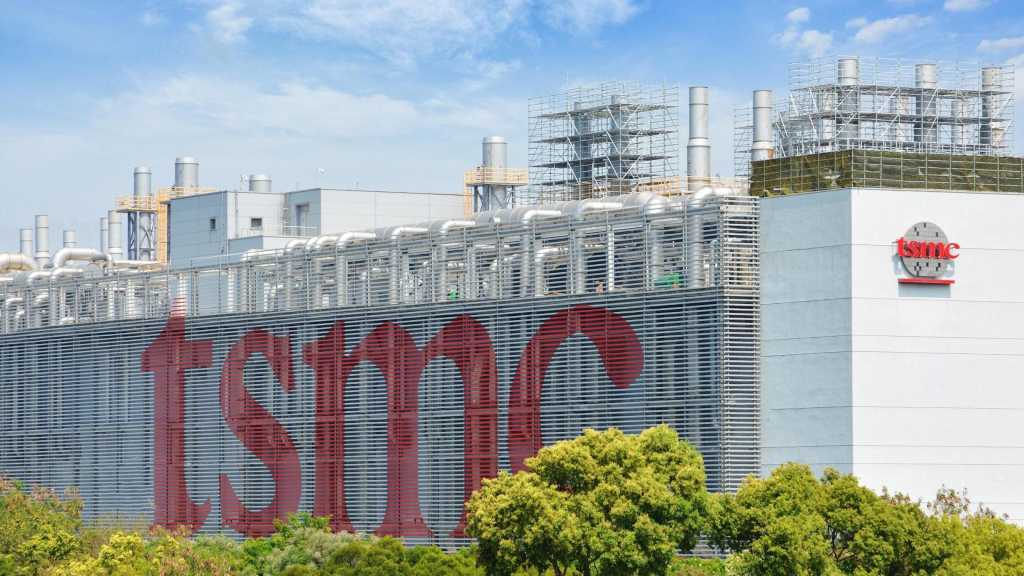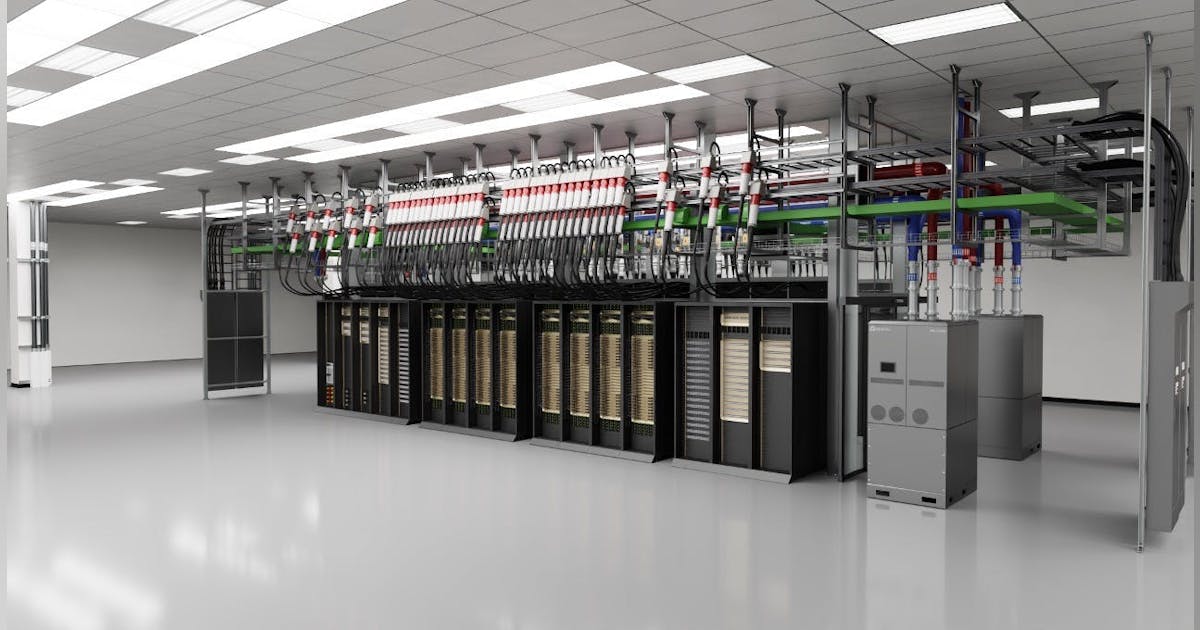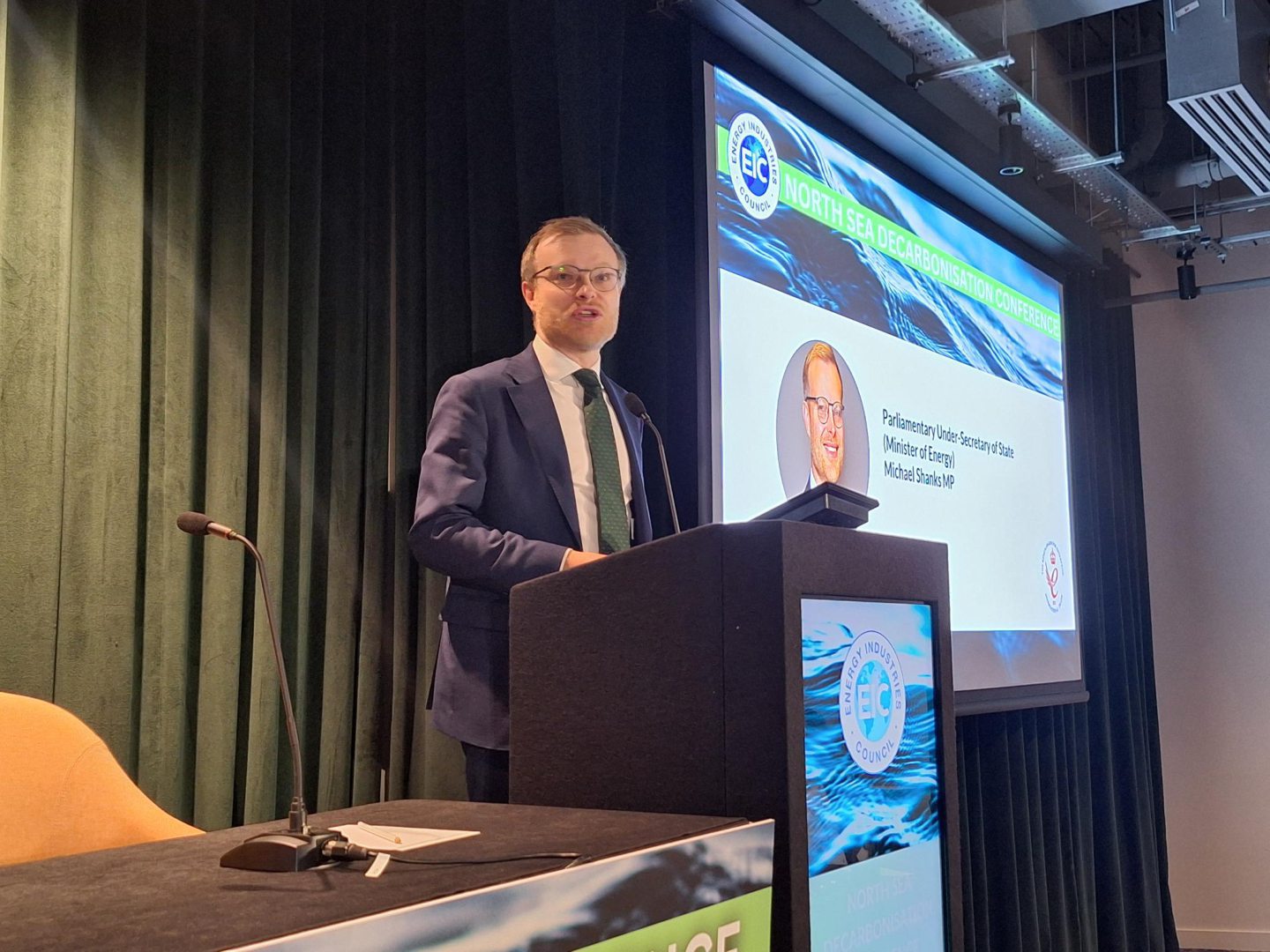
The closure of Scotland’s last oil refinery at Grangemouth is a “really good example of a transition done badly”, the UK energy minister has admitted.
Speaking at an industry conference in London, Michael Shanks said he was “acutely aware that there is uncertainty and there is unease in the industry”.
He said the situation at Grangemouth, which will see hundreds of jobs lost when refinery owner PetroIneos shutters the facility, was a problem his government “inherited”.
Labour politicians in Scotland and Westminster have come under fire for failing to fulfil pledges to save jobs at the site. The UK and Scottish Governments have jointly drawn up a plan called “Project Willow” aimed at delivering a long-term industrial future for Grangemouth through investment in a number of energy and recycling schemes.
Speaking to the audience on the second day of the North Sea Decarbonisation Conference, Shanks said the “problems” should have been addressed years earlier.
“There is a kind of truth in government, that you sort of wish you could have dealt with some of the problems you inherit on day one, many, many years before,” he said.
“The most acute example for me is Grangemouth, which is a really good example of a transition done badly.
“You wish you could have tackled these things five, six years ago, when they first emerged.
“You don’t get to choose your entry as a government minister, and that’s just the reality of it. But what we are seeking to do is grapple with the uncertainty and the challenge.”
Shanks urged attendees at the conference to engage with the government’s current consultation on the North Sea, which is set to close 30 April. The minister said energy supply chain responses to its “Building the North Sea’s Energy Future: Consultation,” consultation will help the government to come up with a plan.
He said: “I can stand here and promise that tomorrow, everything will feel better than maybe it did yesterday, but I hope you get a sense that we are serious about this and that we really want to work with you and with the whole industry to make this happen.
“A transition is happening. It is underway, and it is important, and there are opportunities that come with it to build an industry for generations to come that we can be just as proud of as the one that has powered the country for the past 60 years.”
Rebeccca Groundwater, head of external affairs for EIC, said she’d had a “frank discussion” with Shanks.
She added: “The important thing for me in my job and what I do is represent the members of the EIC to put forward your voice and your views and to have those discussions that sometimes we can have around what doesn’t work, and what does work, and what should be better.
“We have had a very frank conversation around we have to do more, and we have to engage on levels that we are not used to engaging with, because our supply chain is world leading and we have partnerships every where and we grow and develop and innovate. We have a huge opportunity to grasp this. We have do have change of governance and had changes in policies, but there are some things that need to be beyond a four or five year cycle.”
The two-day event started Wednesday at the Minster Building in London, gathering supply chain leaders to address key challenges to decarbonising the North Sea basin, such as the electrification of offshore assets, carbon capture, and decommissioning strategies, among many others.





